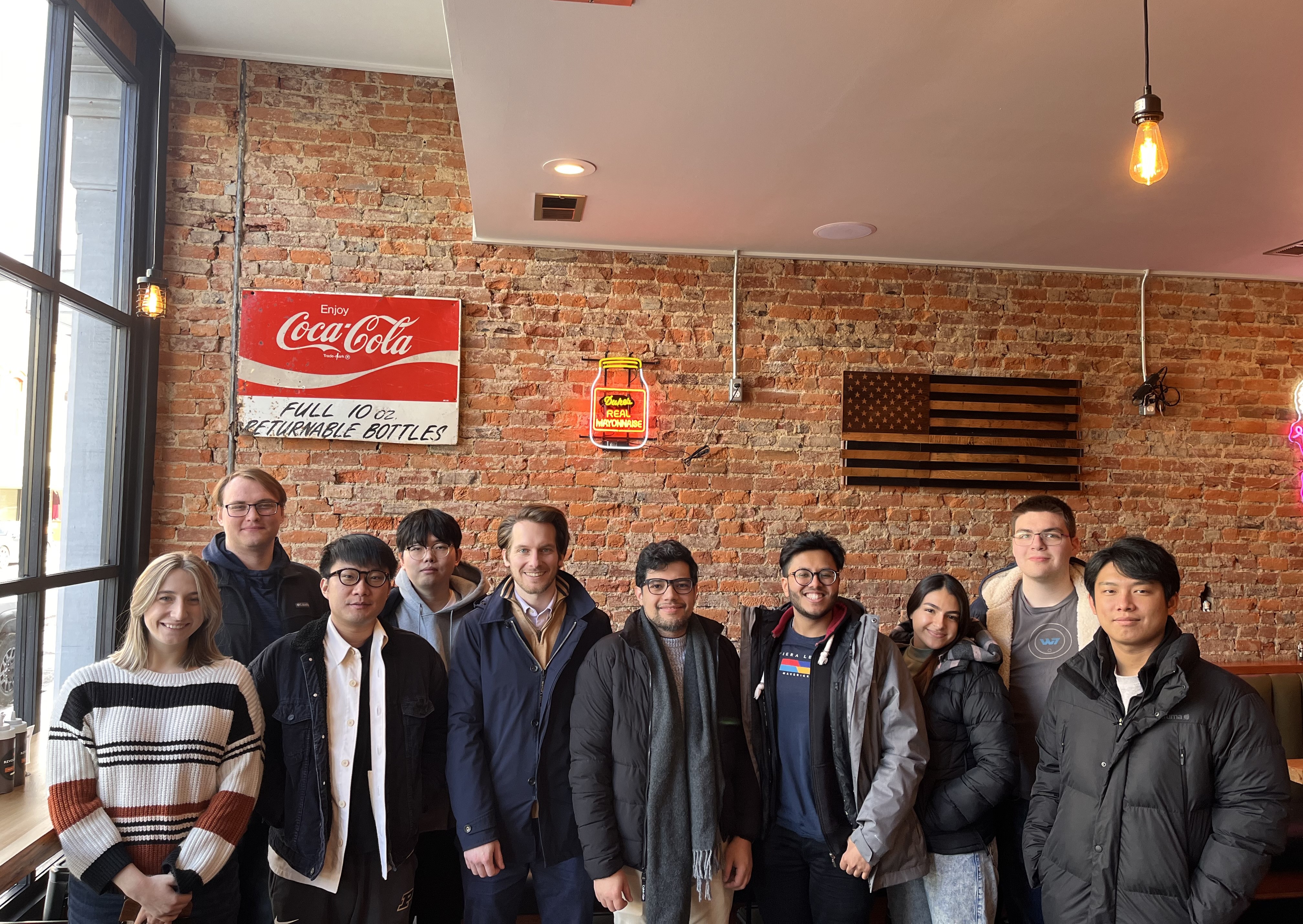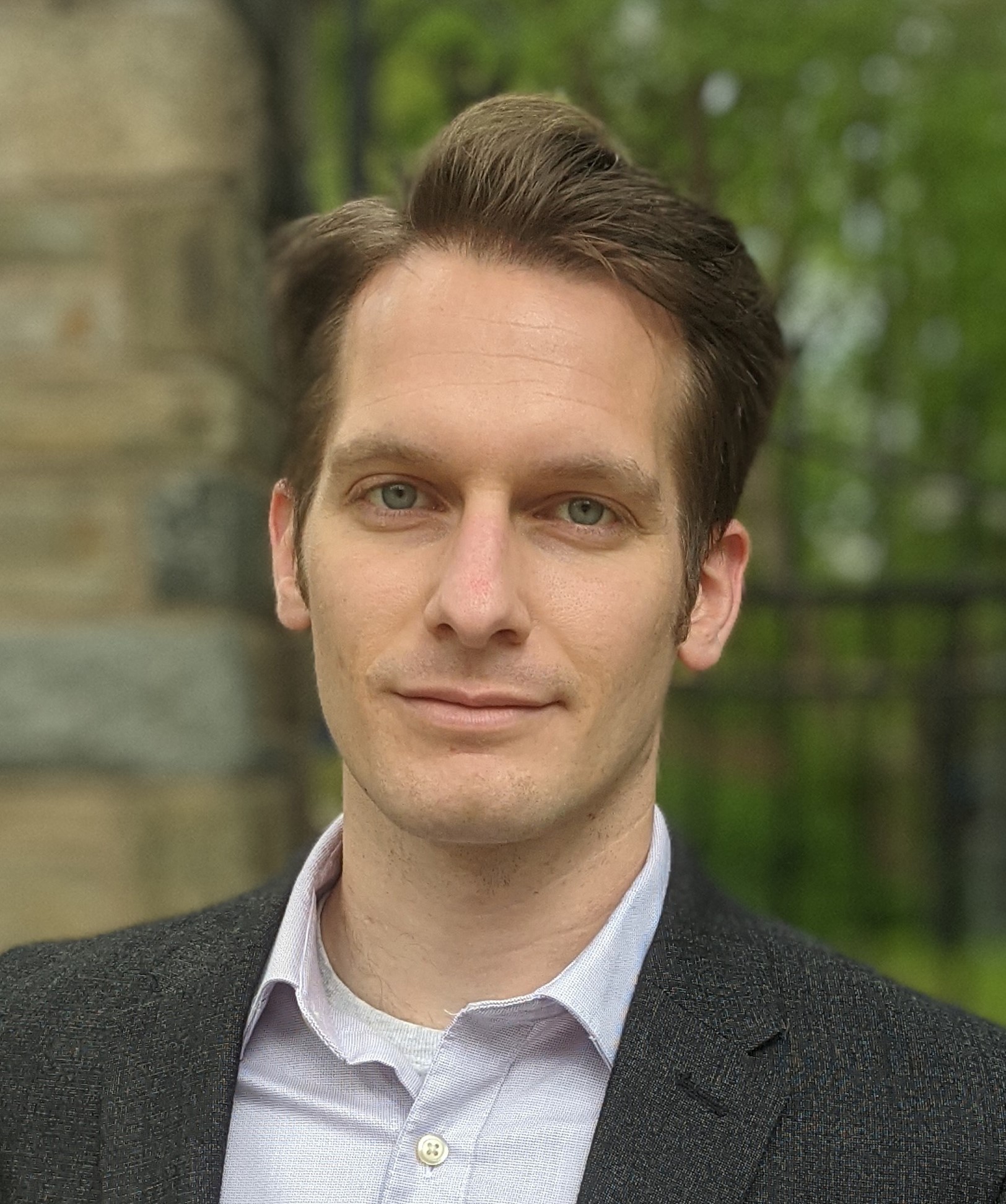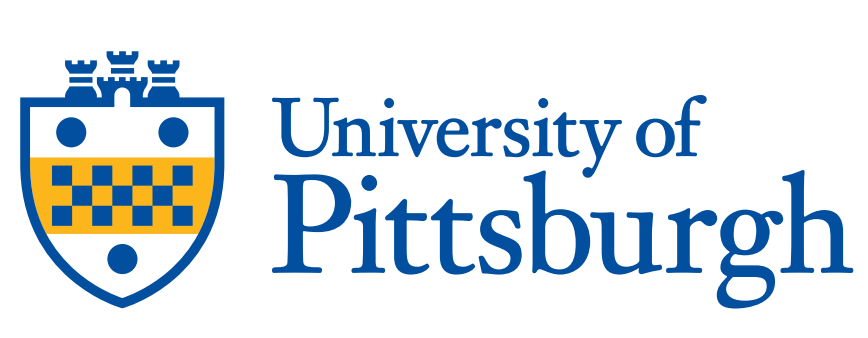........................ 
Our group studies electrocatalysis and electrochemistry. We are motivated by the historically unprecedented global energy transition that will rapidly increase the amount of wind and solar capacity over the next several decades. This means that, for the first time, a substantial portion of energy will be generated in the form of electricity, rather than heat. That enables us to reimagine the chemical industry with electrified processes, which could decarbonize our industry, making the manufacture of essential chemicals sustainable.
We approach this grand challenge by combining a unique set of fundamental electrocatalytic characterization tools with applied electrochemical reactor analysis. Specifically, we study adsorption and desorption behavior at the electrocatalyst/electrolyte interface using state-of-the-art electrochemical mass spectrometry and vibrational spectroscopy. This yields new catalytic information that was previously difficult to obtain with standard electrochemical techniques. We then apply knowledge gained from these fundamental studies to continuous flow electrochemical reactors to further analyze the impacts of catalyst morphology and mass transport on reactor performance. This is particularly crucial for the case of electrochemical transformation of gaseous reactants, which must simultaneously be in contact with a liquid electrolyte and solid electrocatalyst in order to react. We engineer this 3-phase boundary to achieve desired mass transport conditions with tunable next-generation gas diffusion electrode technology. Thus, our general approach of combining fundamental study with applied reactor analysis allows our lab to study a wide range of reactions that have potential to decarbonize our industry – e.g., green H2 production, CO2 valorization, low-temperature alkane activation, selective hydrogenations, and organic chemical synthesis are among the reactions we currently study.
Our approach is enabled by, and synergistic with, the broader thermal catalytic research conducted in the Purdue Catalysis Center. In fact, we aim to leverage our knowledge of fundamental electrochemistry to obtain the same catalytic information routinely studied in gas-solid catalysis – i.e., surface reaction kinetics and reaction engineering. Thus, our collaborative efforts within PCC facilitate theoretical calculations, materials synthesis and characterization, and kinetic analysis that are of mutual interest for thermal- and electro- catalysis, for the shared goal of decarbonizing the chemical industry.



